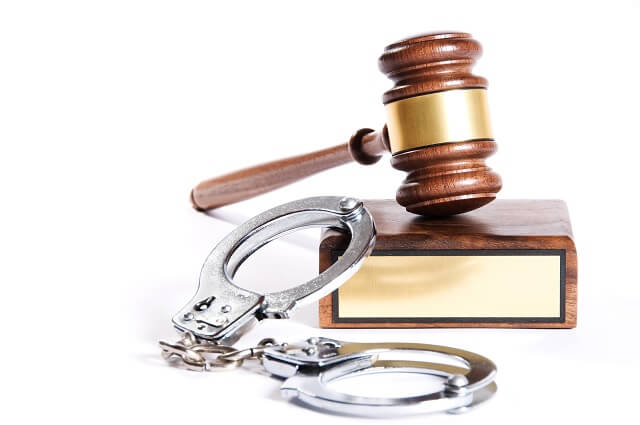
What Are the Different Types of Plea Bargains?
There are many ways to make a deal with the prosecution. The courts will allow different forms of pleas – depending on the case. Some typical plea bargains include:
- Charge Bargains – These are when you plead to a crime that is less serious than the one you are being charged with. For example, if you are charged with burglary, but the prosecution is allowing you to plead guilty to trespassing and the burglary charge will be dismissed.
- Count Bargains – There is a count bargain option if you plead to only one of the original charges and the prosecution will drop the remaining charges. For example, if you are charged with assault and robbery and the prosecution agrees to drop the robbery charge if you plead to assault.
- Sentence Bargains – These are when you take a guilty or no contest plea after each side agrees on the sentence. The prosecution may propose a particular jail term in return for your plea. Your defense attorney may negotiate a shorter sentence in exchange for your plea.
- Fact Bargains – This is when a person pleads guilty or no contest in exchange for facts that led to the conviction. For example, there is an indictment against a male for drug trafficking. Federal agents have caught this person with enough drugs to trigger a long-term prison sentence. In exchange for his plea, the prosecution will stipulate that he carried less drugs than what he was originally found with.
Will the Courts Accept the Plea?
When you have a deal with the prosecution, it is not guaranteed that the overseeing judge will accept that plea. This is why you must enter the plea to the court and allow the judge to determine if it is accepted or rejected. Judges will use their discretion when accepting or rejecting plea deals. Typically, they will consider the evidence, the defendant’s state of mind, and make sure that the defendant understands the consequences of the deal before it is accepted.
Do Not Accept a Plea Until You Speak with an Attorney
While the prosecution may offer you a seemingly good plea, you may have better options out there. That is why it is critical that you speak with a criminal defense attorney before assuming a plea deal is your only option. An attorney can negotiate better terms or possibly have your case dismissed at trial. To explore your options, contact New Mexico Criminal Law Offices now for a consultation at 505-375-4661, or fill out our online contact form.

